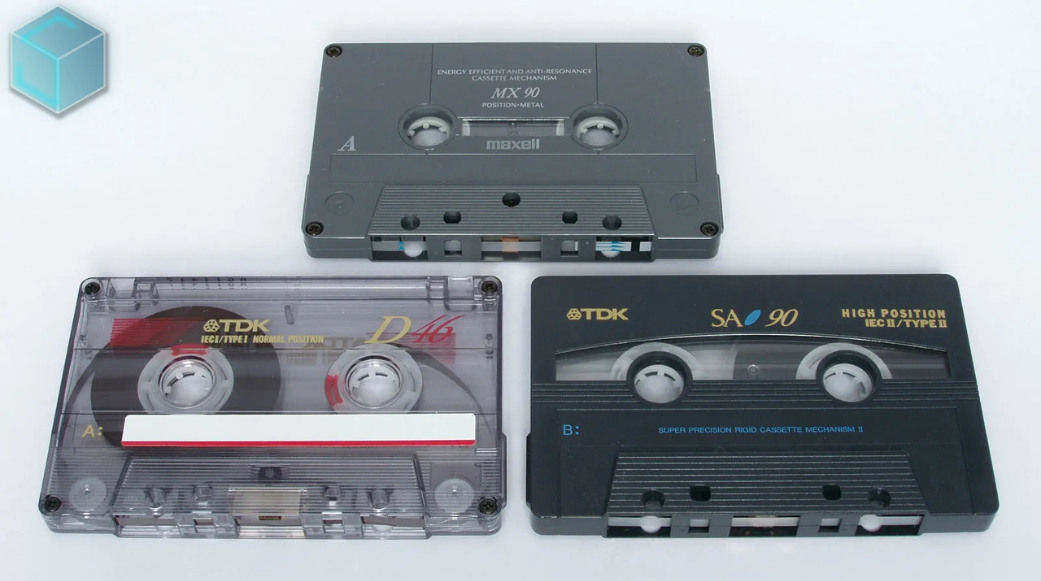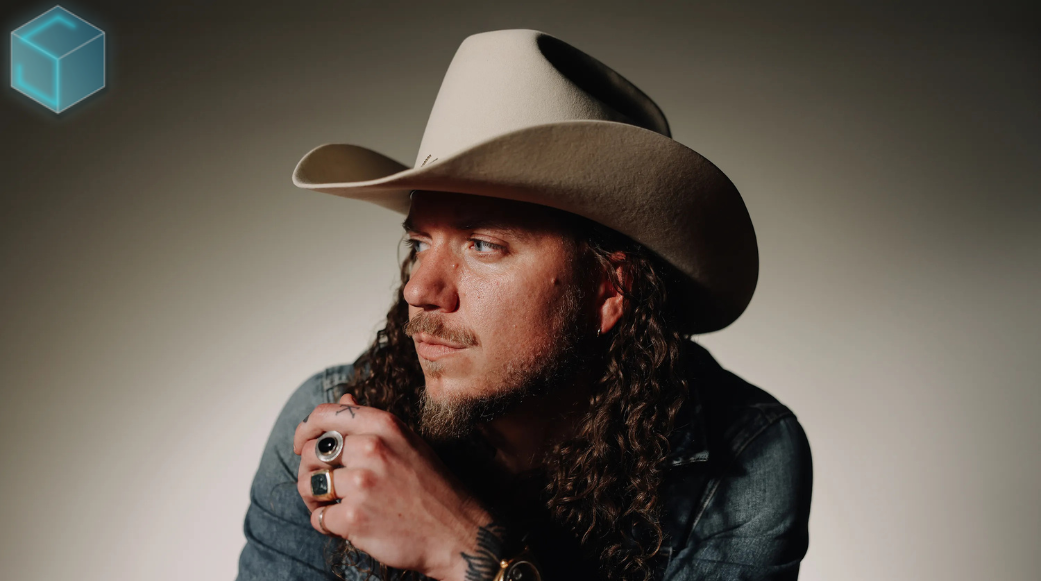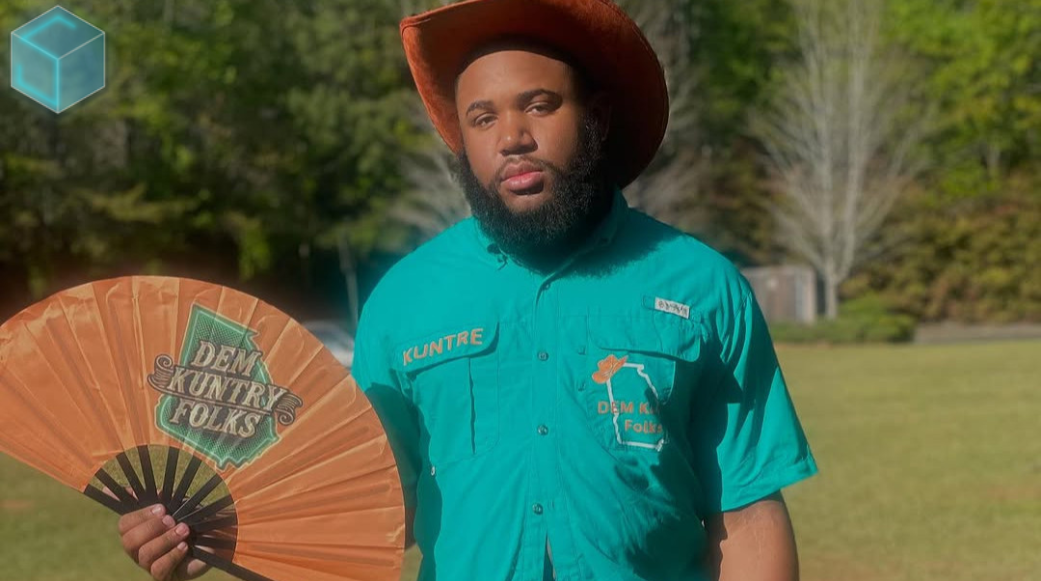
October 23, 2025
Discover how Mix Master strengthens your brain just like an instrument - training focus, creativity, and emotional intelligence through the science of sound.
Read more.png)
September 8, 2025
Tools like Suno are now powerful enough to generate melodies, lyrics, and even full songs in seconds. That’s exciting—and controversial. Just ask Timbaland. Recently, he came under fire..
Read more
August 23, 2025
The 1980s and 1990s analog music medium known as cassette cassettes is experiencing an unanticipated comeback, with Gen Z spearheading the trend. Taylor Swift, who included cassettes in the release...
Read more
August 23, 2025
This week's most notable headline: Doja Cat's erotically charged, '80s-inspired music video, "Jealous Type," is dominating social media feeds and cultural discourse, marking her most daring...
Read more
August 23, 2025
J-hope and GloRilla's "Killin' It Girl," a spectacular blend of K-pop flare and shameless hip-hop heat that has taken the world by storm, is this week's winner of the Best Collaboration of Summer...
Read more
August 23, 2025
Carly Rae Jepsen is giving fans the ultimate gift for the 10th anniversary of her critically adored album Emotion: a special edition featuring four never-before-heard tracks and two fresh remixes...
Read more
August 23, 2025
The wait is over, ARMY! BTS is officially back together and balancing work and play in their first moments of reunion after completing mandatory military service. J-Hope sent fans into a frenzy...
Read more
August 23, 2025
Christian music stepped outside of its quiet comfort zone in 2025. "Hard Fought Hallelujah," a worship song by Brandon Lake, went platinum, sold out festival stages, and exploded from churches to...
Read more
August 23, 2025
In late July 2025, Christian artist Forrest Frank (of Surfaces, now a solo juggernaut in faith-pop) posted from a hospital bed: he’d fractured his L3 and L4 vertebrae in a skateboarding accident...
Read more
August 21, 2025
On September 16, the masked metal phenomenon Sleep Token will embark on their 2025 "Even In Arcadia Tour" across North America. The 18-show tour, which includes a huge date at Brooklyn's Barclays...
Read more
August 21, 2025
Due to a line dance that went viral and won over fans' hearts both inside and outside of the United States, 22-year-old Tre Little's song "Boots on the Ground" has become a cultural sensation this...
Read more
August 21, 2025
In addition to preparing for her next album, The Life of a Showgirl, Taylor Swift is reviving the physical medium this week by putting her songs on cassette tapes. This sentimental action...
Read more.png)
We’ve all been there. You fire up YouTube, eager to dive into music production, ready to learn from the pros like Dirkey, Kyle Beats, or rlybeats. The excitement is palpable—you can almost hear the beats in your head. But hours later, you find yourself overwhelmed, feeling inadequate after watching them craft masterpieces with ease. You sit down at your DAW (Digital Audio Workstation), and the energy fades. Frustration creeps in, and you end the day questioning why you even bothered.
You’re not alone. Many aspiring producers feel this way, especially when comparing themselves to experts who have spent years honing their craft. So, how can you avoid falling into the trap of endless tutorials and find a more intuitive way to learn music production? Let’s explore some solutions.
One of the biggest reasons people fall into “tutorial hell” is the pressure to be as good as established producers right away. But here’s the truth: learning any skill, especially something as complex as music production, takes time. Think back to when you first started playing the clarinet or marimba—how long did it take before you felt comfortable? The same applies to production. Every great producer you admire was once a beginner too.
Set small, achievable goals. Instead of aiming to produce a full track immediately, focus on mastering one skill at a time, like drum programming or sound design. This way, each session in your DAW feels like progress, not a failure.
The problem with binge-watching tutorials is that it often turns into passive learning. You’re watching, but not always doing. The key to breaking free from “tutorial hell” is to apply what you learn immediately after watching. Instead of consuming hours of content, focus on one tutorial that covers a specific technique or idea, and then put that into practice right away.
Pick one small aspect of a tutorial (like how to layer drums or EQ vocals) and practice it in your own project. Don’t aim for perfection—aim for repetition. The more you try, the faster you’ll improve.
YouTube is an incredible learning resource, but it’s easy to get lost in the ocean of information. Too many options can lead to analysis paralysis, making you feel stuck and overwhelmed. While it’s important to learn from others, too much exposure to professional-level production without practical application can make you feel demotivated.
Set a strict limit on how many tutorials you’ll watch in one sitting. For example, commit to watching just one or two tutorials, then spend the rest of your time experimenting on your own.
Remember, you’re not new to music—you’ve been involved in it since you were 12. You already have musical instincts from playing clarinet, marimba, and piano. Instead of focusing solely on the technical aspects of production (which can be overwhelming), lean into what you already know. Start with songwriting, build out simple piano ideas, and gradually incorporate DAW skills to support your creativity.
Try sketching out a basic song on the piano, something you’re already comfortable with. Then, use your DAW to add layers bit by bit. Instead of focusing on technical perfection, focus on bringing your musical ideas to life in a way that feels natural to you.
Watching others create can spark inspiration, but doing is where the real learning happens. Tutorials can only take you so far—they show you the "how," but it’s up to you to explore the "why." Spend more time experimenting, even if it means making mistakes. The more you explore, the more you'll find your own style and rhythm in production.
Dedicate time to “play” in your DAW without the pressure to create something perfect. Load up sounds, experiment with effects, and have fun with it. Exploration is key to understanding how to use your DAW intuitively.
YouTube tutorials are excellent, but they often lack structure, leading you to hop from one skill to another without truly mastering any. Consider more structured approaches to learning, such as guided courses or interactive platforms that allow you to learn step by step. This can give you a clearer path to progress without the overwhelm.
Try using educational tools designed for music creators, like interactive apps that gamify the learning process. These tools provide structured guidance while making learning feel engaging and rewarding.
It’s easy to fall into a negative cycle when learning something new, especially when progress feels slow. But every step forward is a win, even if it’s small. Learning music production is as much about building confidence as it is about technical skill. Take time to acknowledge the progress you’ve made, whether it’s understanding a new technique or finishing a simple loop.
Keep a journal of your production sessions. At the end of each day, write down what you accomplished, no matter how small. Over time, this will help you see how far you’ve come, building your motivation to keep going.
Final Thoughts: You’re Not Alone
Remember, every great music producer started exactly where you are now: at the beginning. The journey to mastering music production is a long one, but it’s worth it. By taking small steps, applying what you learn, and giving yourself time to experiment, you’ll find your own path to creating music you’re proud of.